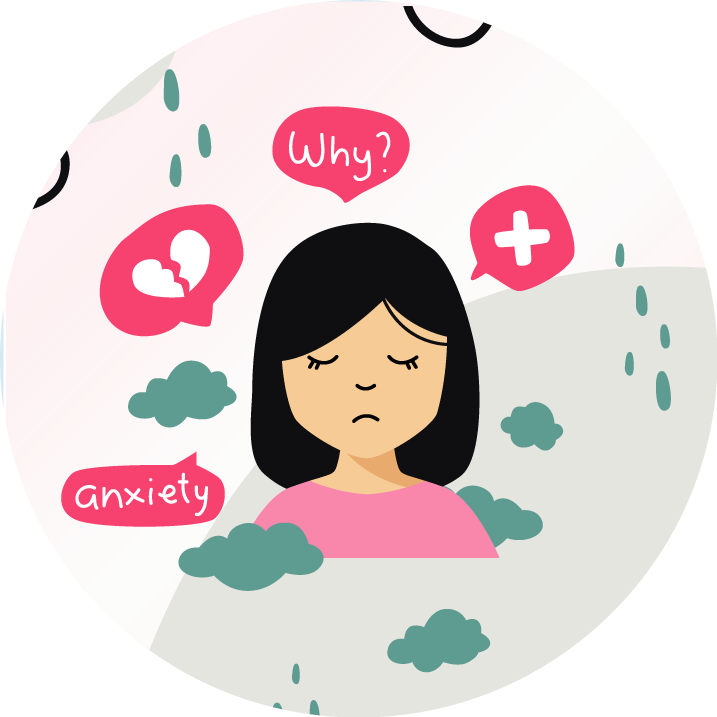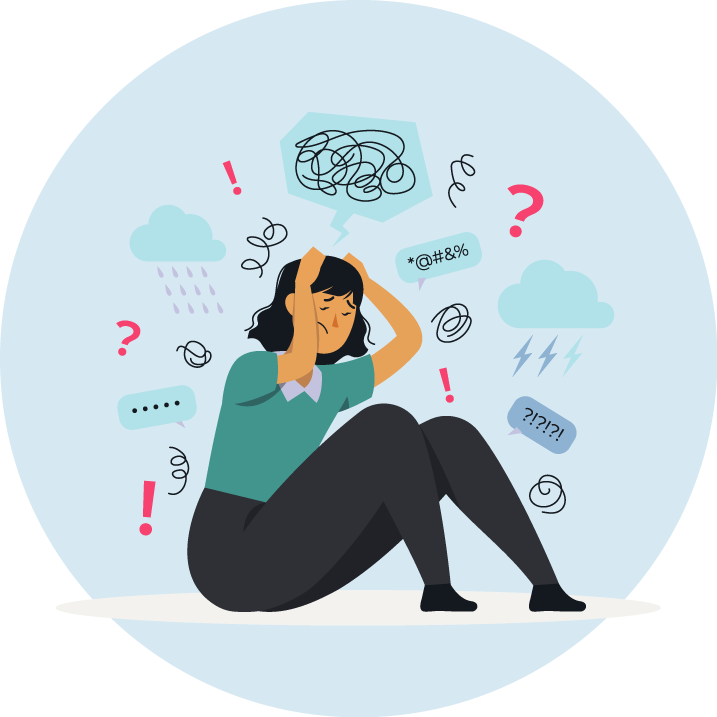Digital Amnesia and Its Remedies

Digital Amnesia and Its Remedies
June 14 2025 TalktoAngel 0 comments 767 Views
Imagine this: you’re trying to remember your best friend’s phone number, or the date of your last vacation, and your mind goes blank. Instead, you immediately reach for your phone to check. If this sounds familiar, you might be experiencing what psychologists call Digital Amnesia.
In today’s digital age, we rely so much on smartphones, tablets, and computers to store information that our brains are starting to "forget how to remember." While this may seem convenient, overdependence on digital devices can weaken our memory and attention, affecting our mental health and cognitive abilities.
Let’s explore the psychological roots of digital amnesia, its impact on the brain, and practical remedies to overcome it.
What is Digital Amnesia?
Digital Amnesia is the experience of forgetting information that you trust a digital device to remember for you. The term was popularised by a study conducted by Kaspersky Lab (2015), which showed that a majority of people don’t bother to remember important information because they know their smartphone will do it for them.
It’s not a medical disorder, but a behavioural and cognitive phenomenon. In psychological terms, it is related to what we call "cognitive offloading", the process of relying on external tools to reduce our mental effort.
Psychological Roots of Digital Amnesia
- Cognitive Offloading- According to Risko & Gilbert (2016), cognitive offloading refers to the use of physical action or technology to reduce the need for internal memory. For instance, instead of remembering an appointment, we save it on Google Calendar. This is helpful sometimes, but when overused, it can make our brains lazy.
- Transactive Memory:- Proposed by Wegner (1985), transactive memory is a shared memory system in relationships or groups where individuals rely on each other for information. Today, we treat digital devices like memory partners, trusting them more than our own brains.
- Attention Fragmentation:- Smartphones constantly bombard us with notifications, causing our attention to jump from one task to another. This weakens working memory, which is essential for processing and storing new information. Chronic multitasking and digital distractions also increase anxiety and reduce deep thinking (Rosen, Lim, Carrier, & Cheever, 2011).
- Reduced Memory Consolidation:- Memory works in three stages: encoding, storage, and retrieval. When we offload memory to digital devices, our brains don’t deeply encode the information, so it never gets properly stored or retrieved. Psychologically, this affects our episodic memory, which helps us recall personal events.
Signs You May Have Digital Amnesia
You can’t recall phone numbers or birthdays without checking your phone.
- You forget things you just read or heard.
- You feel anxious without your phone (nomophobia).
- You find it hard to concentrate for long periods.
- You rely on Google for even simple answers.
Psychological Effects of Digital Amnesia
- Increased Anxiety: When we can’t find our phones or lose access to data, panic sets in.
- Poor Concentration: Constant digital use leads to shorter attention spans.
- Low Motivation & Self-Esteem: Forgetting things or being dependent on gadgets can make people feel incapable or inefficient.
Remedies for Digital Amnesia: Psychological Solutions
The good news is that the brain is plastic; it can change and improve with the right practices. Here are some remedies, based on psychological principles, to reduce digital amnesia and strengthen your memory.
- Use Active Recall:- Instead of saving everything on your device, practice active recall. After reading something or attending a class, try to recall the main points from memory.
- Practice Mindfulness:- Mindfulness exercises help train your brain to focus better. When you’re fully present in the moment, your brain encodes memories more effectively. Try mindful breathing, walking, or journaling for at least 10 minutes a day.
- Strengthen Internal Memory:- Memorise small pieces of information daily, such as phone numbers, passwords, or poems. Use memory techniques like chunking, association, or visualisation.
- Limit Device Usage: -Set boundaries for digital use. Allocate “no-screen” time during the day, especially in the morning and before bedtime. This gives your brain a break from overstimulation and allows for better cognitive rest and consolidation.
- Improve Sleep Hygiene:-Good memory depends on deep sleep. Proper sleep allows the brain to process and store memories effectively.
- Digital Detox Days:-Take a day off from social media and unnecessary screen time each week. Use that time for hobbies, conversations, or nature walks, all of which activate different parts of the brain and reduce digital dependency.
- Journaling:- Writing down daily experiences by hand, not typing, helps engage the sensorimotor areas of the brain, promoting deeper memory formation and self-improvement.
- Cognitive Training Games:- Use apps that train the brain, such as puzzles, memory games, and logic challenges. These help improve working memory, attention, and executive functions.
Conclusion
While digital tools are helpful, overreliance on them can weaken our brain’s natural ability to remember, focus, and think deeply. Digital Amnesia is not a disease but a modern mental habit that can be changed.
By applying psychological strategies such as mindfulness, active recall, memory exercises, and digital healthy boundaries, we can restore our brain’s strength, reduce stress & burnout, and improve mental clarity. Let’s not forget: the brain is powerful, it just needs a chance to remember.
Contributed By: Dr. (Prof.) R. K. Suri, Clinical Psychologist and Life Coach, &. Ms. Sakshi Dhankhar, Counselling Psychologist.
References
- Kaspersky Lab. (2015). The Rise and Impact of Digital Amnesia.
- Risko, E. F., & Gilbert, S. J. (2016). Cognitive Offloading. Trends in Cognitive Sciences, 20(9), 676–688.
- Wegner, D. M. (1985). A Computer Network Model of Human Transactive Memory. Social Cognition, 2(2), 140–160.
- Rosen, L. D., Lim, A. F., Carrier, L. M., & Cheever, N. A. (2011). An Empirical Examination of the Educational Impact of Text Message-Induced Task Switching. Computers in Human Behavior, 27(3), 1237–1242.
- Karpicke, J. D., & Roediger, H. L. (2008). The Critical Importance of Retrieval for Learning. Science, 319(5865), 966–968.
Leave a Comment:
Related Post
Categories
Related Quote

“Remember: the time you feel lonely is the time you most need to be by yourself. Life's cruelest irony.” - Douglas Coupland

“Anxiety is a thin stream of fear trickling through the mind. If encouraged, it cuts a channel into which all other thoughts are drained.” - Arthur Somers Roche

"It is okay to have depression, it is okay to have anxiety and it is okay to have an adjustment disorder. We need to improve the conversation. We all have mental health in the same way we all have physical health." - Prince Harry

“What ever the mind of man can conceive and believe, it can achieve.” - Napoleon Hill

"Difficulties in your life do not come to destroy you but to help you realize your hidden potential and power. Let difficulties know that you too are difficult." - APJ Abdul Kalam
Best Therapists In India
























SHARE